For many Nigerians, owning a home is one of life’s biggest dreams. Yet, with soaring property prices and economic uncertainty, that dream often feels out of reach. This is where the idea of a mortgage in Nigeria comes in. On paper, it sounds simple: a bank helps you buy your dream house, and you repay gradually. But is it truly worth it? Let’s explore the realities of mortgages in Nigeria and what every buyer should know before signing the dotted line.
What is a Mortgage in Nigeria?
In simple terms, a mortgage is a loan from a bank or financial institution that allows you to buy property. You make a down payment, while the bank covers the rest. Over time, you repay the loan with interest until the property becomes fully yours.
For instance, if a home in Lagos costs ₦50 million, you might pay ₦10 million upfront. The bank then lends you the remaining ₦40 million, which you repay over 10–20 years.
Sounds straightforward, right? Well, not quite.
How Mortgages Work in Nigeria
Mortgages in Nigeria typically follow this process:
-
Eligibility check – Banks review your income, credit history, and job stability.
-
Down payment – Usually 20–30% of the property’s value.
-
Loan repayment – Monthly installments spread across 10–20 years.
-
Interest rates – Vary widely, often between 15–25% annually.
Unlike countries with single-digit mortgage rates, Nigeria’s high interest makes repayments expensive.
Mortgage in Nigeria: Is it Worth It?
Now the big question—is taking a mortgage in Nigeria worth it?
The answer depends on your financial situation, long-term plans, and tolerance for risk.
-
For young professionals with stable jobs – A mortgage can help secure a home early rather than waiting years to save.
-
For entrepreneurs or unstable earners – The risk of default is higher, making mortgages less ideal.
-
For investors – Mortgages may unlock property investment opportunities, especially in booming areas like Lekki, Abuja, or Port Harcourt.
The Pros of Mortgages in Nigeria
1. Early Homeownership
Instead of waiting 10 years to save, you can own your home today.
2. Building Equity
Each repayment increases your stake in the property. Over time, the home can become a valuable asset.
3. Property Appreciation
Real estate in cities like Lagos and Abuja tends to appreciate. A home bought today could double in value in 10 years.
4. Security and Stability
Homeownership provides stability, especially for families tired of yearly rent hikes.
The Cons of Mortgages in Nigeria
1. High Interest Rates
With interest often above 20%, borrowers may end up paying double the home’s original value.
2. Risk of Default
Loss of income could mean losing your home if you fail to meet repayments.
3. Limited Access
Not everyone qualifies. Banks prioritize salaried workers with verifiable income.
4. Hidden Fees
Processing charges, insurance costs, and legal fees can push the cost higher.
Real-Life Example: Lagos Buyer’s Dilemma
Take Chika, a 32-year-old banker in Lagos. She wanted a ₦40 million apartment in Lekki. With savings of ₦8 million, she applied for a mortgage.
Her bank offered a 15-year loan at 18% interest. Monthly payments came to about ₦480,000—almost half her monthly salary.
Chika realized that while she could technically afford it, the pressure would leave her financially stretched. Instead, she chose a smaller property and avoided heavy debt.
Her story highlights why you must evaluate your situation carefully.
Alternatives to Mortgages in Nigeria
Mortgages aren’t the only path to homeownership. Here are some alternatives:
-
Cooperative societies: Members pool funds and rotate benefits.
-
Developer payment plans: Many real estate firms offer flexible installment plans.
-
Saving & investing: A disciplined savings plan, paired with investments, may get you there without debt.
-
Family support: Some rely on family loans or partnerships.
Tips Before Taking a Mortgage
-
Compare lenders – Interest rates vary. Shop around.
-
Check your income stability – Don’t take a loan you can’t sustain.
-
Read the fine print – Understand hidden fees and penalties.
-
Plan for emergencies – Keep a buffer for unexpected setbacks.
-
Think long-term – Consider property appreciation and resale potential.
Should You Take the Leap?
So, mortgage in Nigeria: is it worth it? For some, yes—it unlocks early homeownership and long-term wealth. For others, the high interest rates and risks may outweigh the benefits.
The key is to know your financial standing, weigh the pros and cons, and explore alternatives before making a decision.
At the end of the day, the right choice is the one that balances your dream of owning a home with your peace of mind.
Thinking about a mortgage? Start by comparing options from multiple banks and consulting a financial advisor before committing.
We can help you acheive your dream of a home, you may visit our properties page to explore.
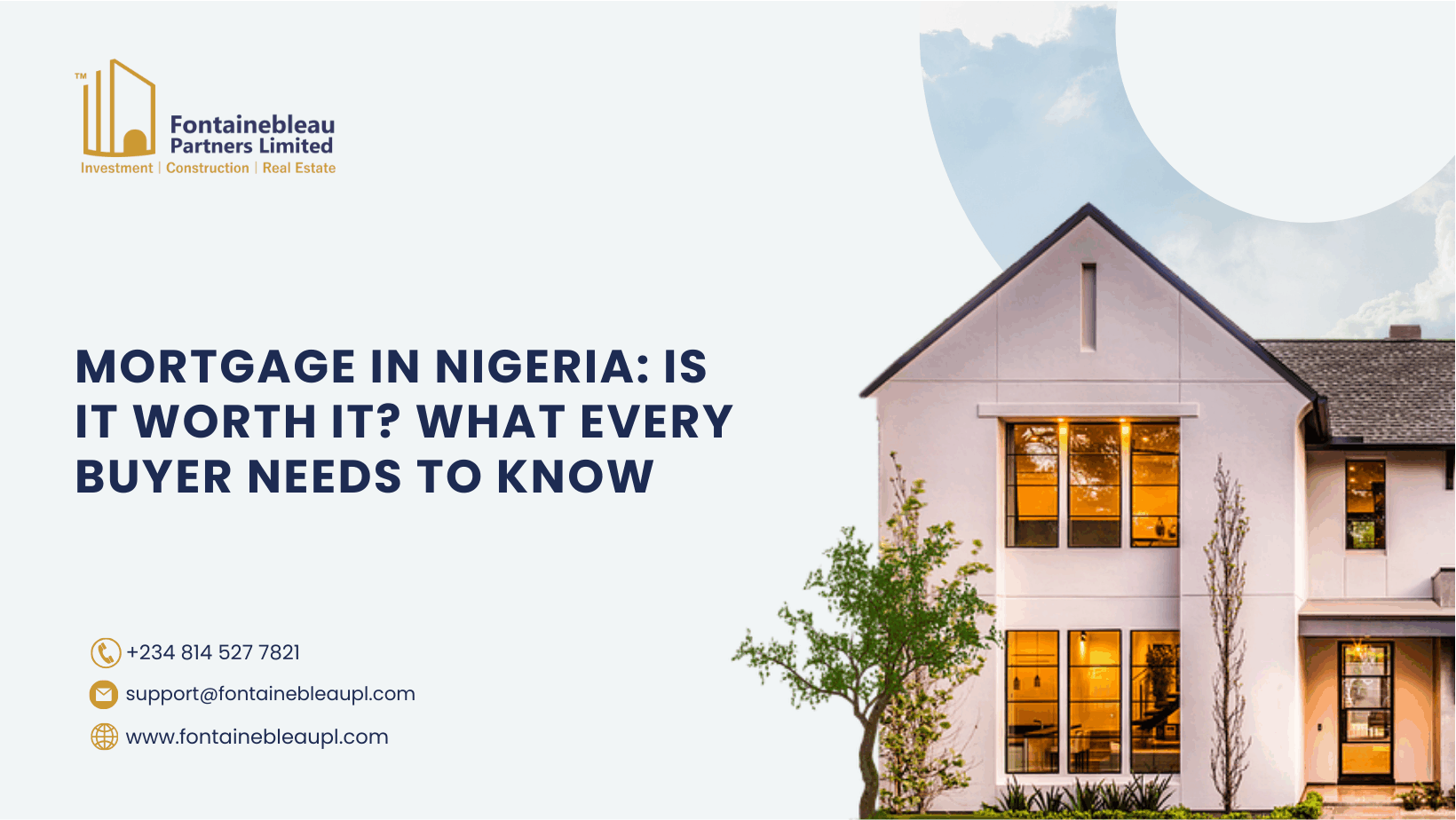
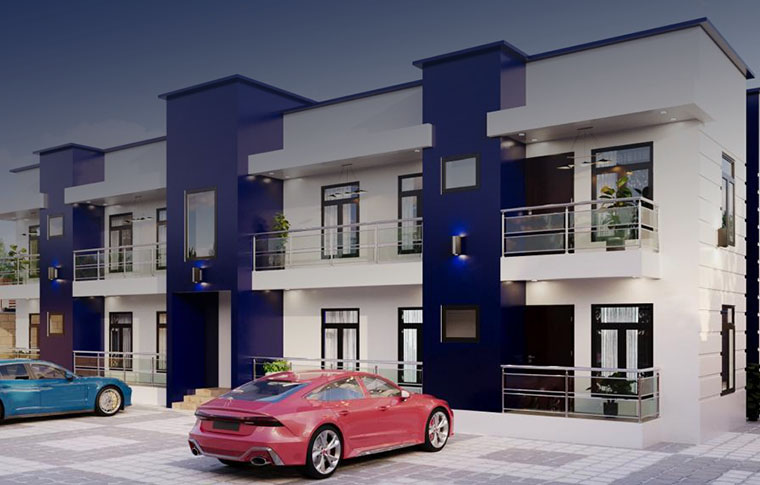
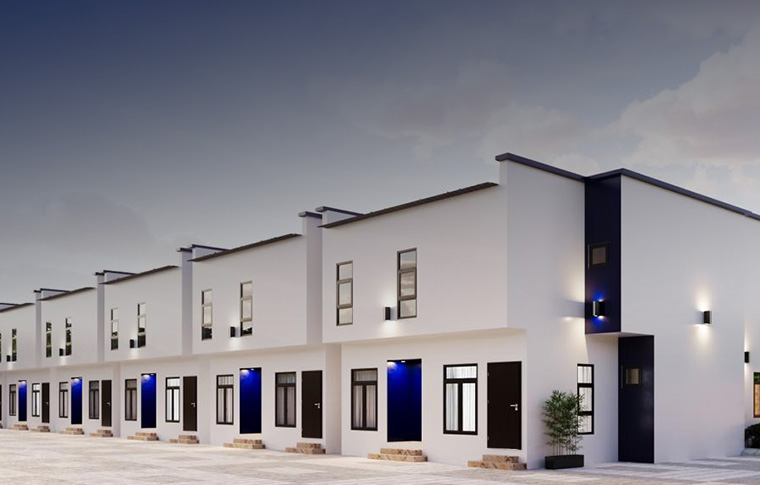
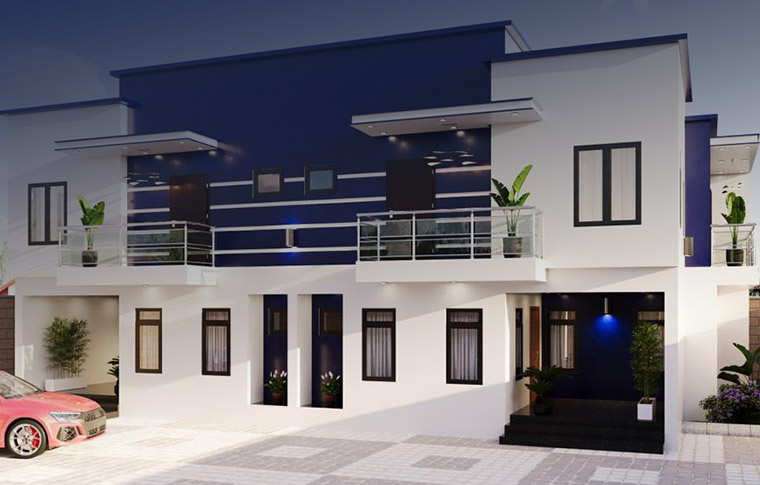
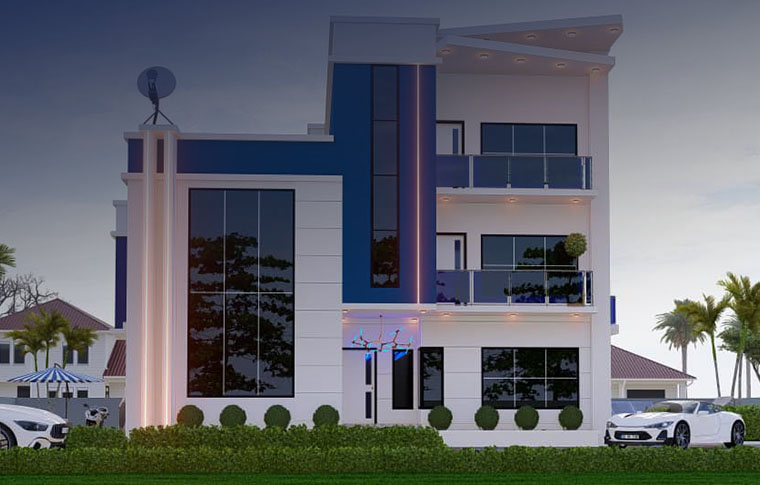
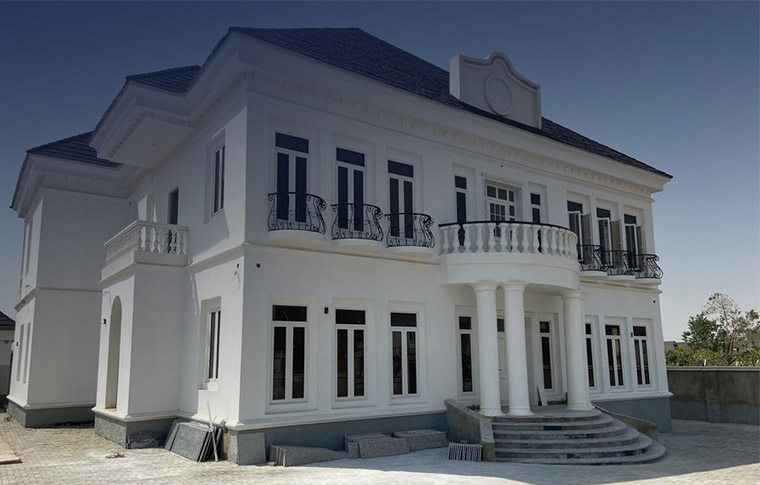


(0) Comments